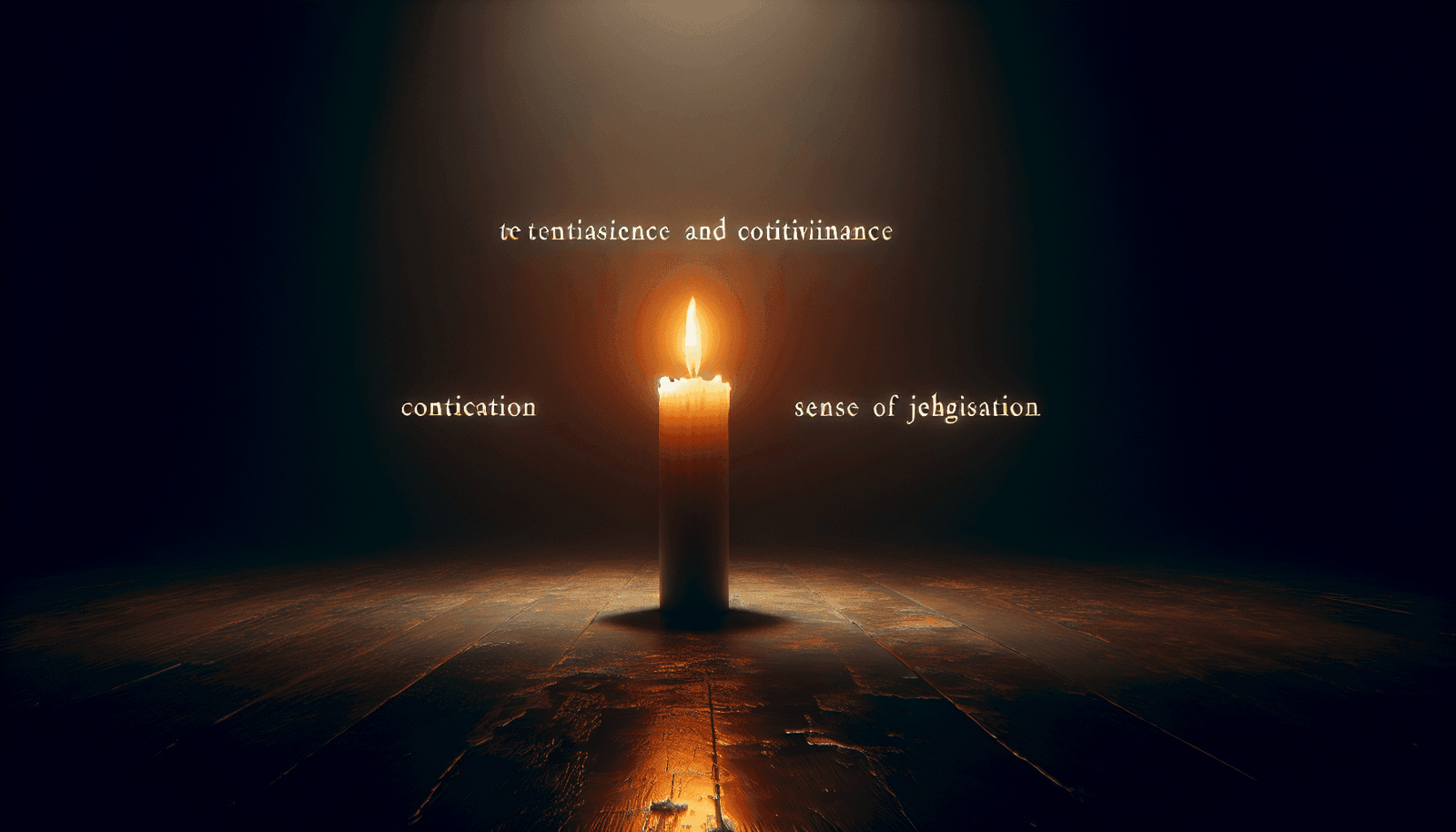Have you ever wondered how individuals maintain their faith amidst the relentless scrutiny and criticism of modern society? It’s a question that resonates deeply with many people who find themselves at the crossroads of personal belief and societal expectations. Faith is a pivotal part of many lives, providing not only spiritual fulfillment but also a sense of community and identity. Yet, in an age of rapid information exchange and often polarized viewpoints, maintaining and expressing one’s faith can be challenging.
Understanding Faith in a Modern Context
Faith, in its essence, is a deeply personal experience. It’s the unwavering belief in something greater than oneself, and for many, it’s a guiding force through life’s uncertainties. However, defining faith in today’s society extends beyond just religious belief; it encompasses trust, loyalty, and confidence in principles or ideologies. These diverse expressions of faith can range from traditional religious practices to secular beliefs in science, humanity, or personal ethics.
According to a study by the Pew Research Center, about 84% of the global population identifies with a religious group, highlighting the widespread influence of faith in shaping personal and collective identities. Understanding faith requires acknowledging its multifaceted nature and its role in fostering community, offering solace, and instilling hope.
Societal Criticism and Its Impact
In recent times, the notion of faith has come under intense scrutiny. This skepticism often stems from historical conflicts, scientific advancements, and social changes that challenge traditional belief systems. The rise of social media has only intensified this scrutiny, as it provides a platform for varied voices, some of which question or criticize established faiths and beliefs.
Common Criticisms Faced
Religious Dogma vs. Scientific Evidence: Many critics argue that faith often contradicts scientific findings, leading to debates between creationism and evolution or the role of divine intervention versus natural law.
Cultural and Social Norms: As societies evolve, certain religious practices may clash with modern values, such as gender equality and LGBTQ+ rights, prompting criticism of those traditions.
Historical and Political Misuse: Instances where religious beliefs have been manipulated for political gain or have led to conflict are often highlighted as points of contention.
The criticisms of faith aren’t just theoretical; they materially affect individuals’ ability to practice and express their beliefs openly without judgment or ridicule.
Navigating Criticism with Understanding
To navigate societal criticisms, it’s essential first to understand the underlying causes and perspectives. Here are a few ways people maintain their faith amidst these challenges:
Open Dialogue
- Engagement in Constructive Conversations: Encouraging dialogue between diverse belief systems fosters mutual understanding and reduces prejudice.
- Educational Initiatives: Learning about other faiths and belief systems can break down barriers and dispel myths.
Personal Reflection
- Deepening Understanding of Beliefs: Individuals who invest time in exploring their faith’s history and teachings often find renewed strength and clarity.
- Balancing Tradition and Modernity: Reflecting on how to maintain core beliefs while embracing societal progress is crucial for many.
Case Studies: Practicing Faith Under Fire
Sharing real-world examples provides tangible insights into how people effectively navigate societal criticisms.
Community Building in Interfaith Contexts
In several urban areas, interfaith organizations have emerged as platforms for individuals from diverse religious backgrounds to collaborate on common social issues, such as homelessness and poverty. These communities not only strengthen individual faith by allowing shared worship experiences but also enhance societal understanding.
Digital Faith Communities
With the advent of technology, many are turning to online platforms to practice their faith and connect with like-minded individuals. Social media groups, podcasts, and live-streamed services offer new ways to engage with one’s beliefs in a supportive environment, even when traditional places of worship aren’t accessible.
Busting Myths and Misconceptions
Faith faces numerous misconceptions that muddy public perception, and part of understanding this landscape involves dispelling these myths.
Many believe that secularism is the opposite of faith. The truth is, secularism often coexists with faith, allowing for the peaceful expression of diverse beliefs.
Contrary to the notion that faith impedes progress, historical evidence suggests that many scientific advancements have been pioneered by those motivated by their beliefs.
By addressing these misconceptions, individuals can engage in more informed and empathetic discussions about faith and criticism.
Conclusion
Understanding faith under societal scrutiny is vital for preserving this integral aspect of human experience. By embracing open dialogue, reflecting personally, and acknowledging the diversity of belief systems, individuals can continue to practice their faith despite external criticisms. Ultimately, maintaining faith amidst societal challenges is about finding personal resilience and fostering mutual respect in a pluralistic world. For further exploration on this topic, consider examining additional resources on interfaith dialogue and the intersection of faith and science.
Additional Insights
If you’re interested in learning more about how faith intersects with modern society, you might find our other articles on religion and social change insightful. Understanding these dynamics is key to navigating today’s complex world while holding onto one’s core beliefs.
Meta Description: Discover how to maintain and navigate faith amidst societal scrutiny in this comprehensive guide on “Faith Under Fire.”
Related Posts: Addressing Modern Challenges To Christianity With Faith And Wisdom, Overcoming Daily Challenges With Faith And Perseverance, Balancing Faith And Finances: Biblical Insights, Applying The Beatitudes To Modern Life, Faith-Based Approaches To Overcoming Stress

